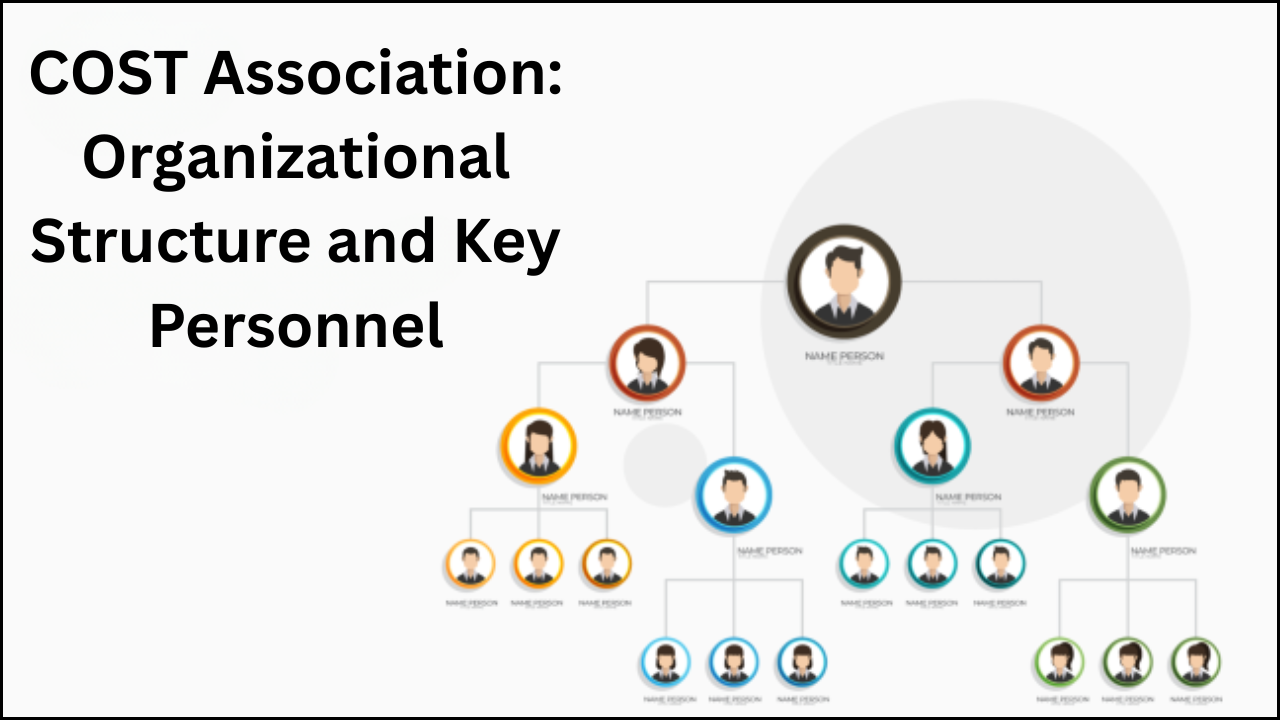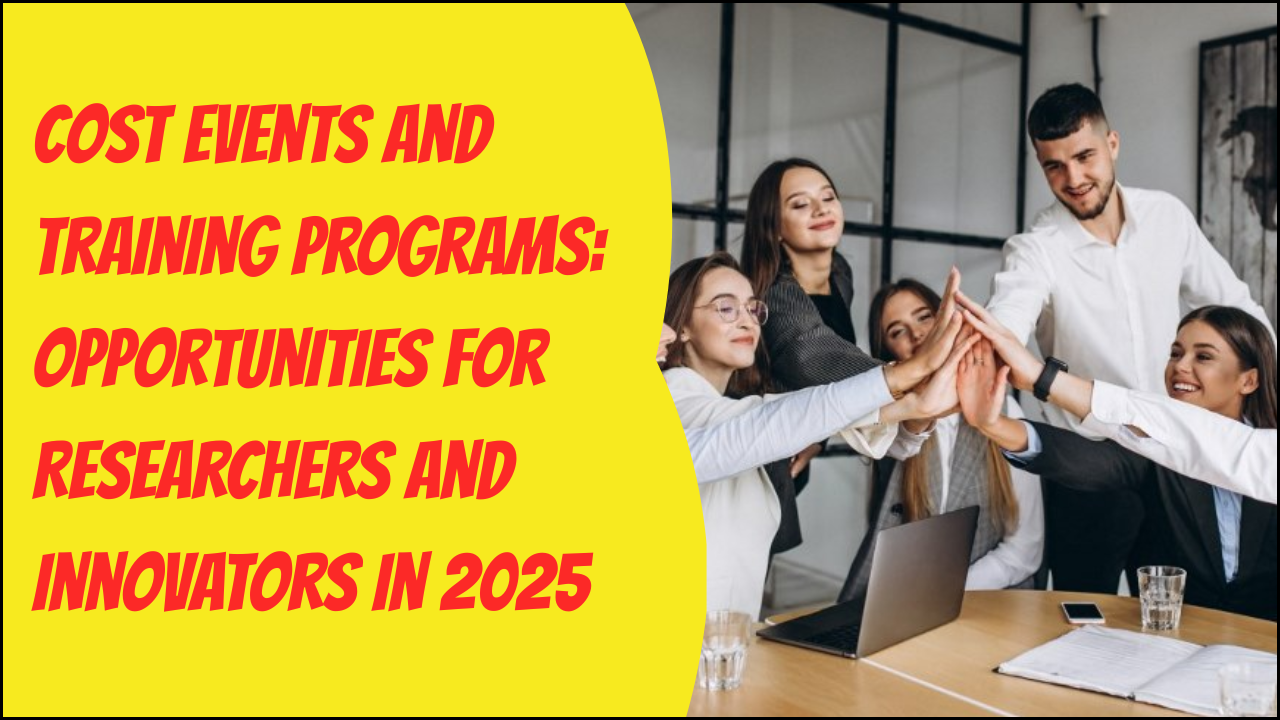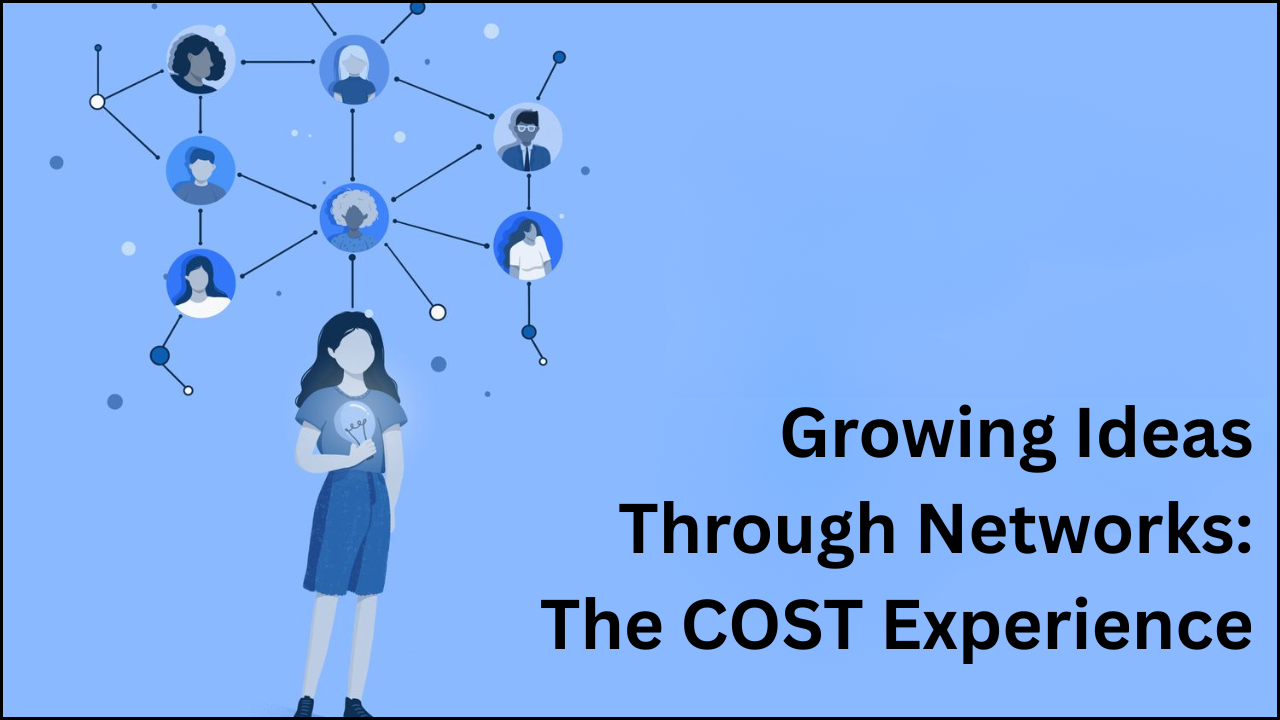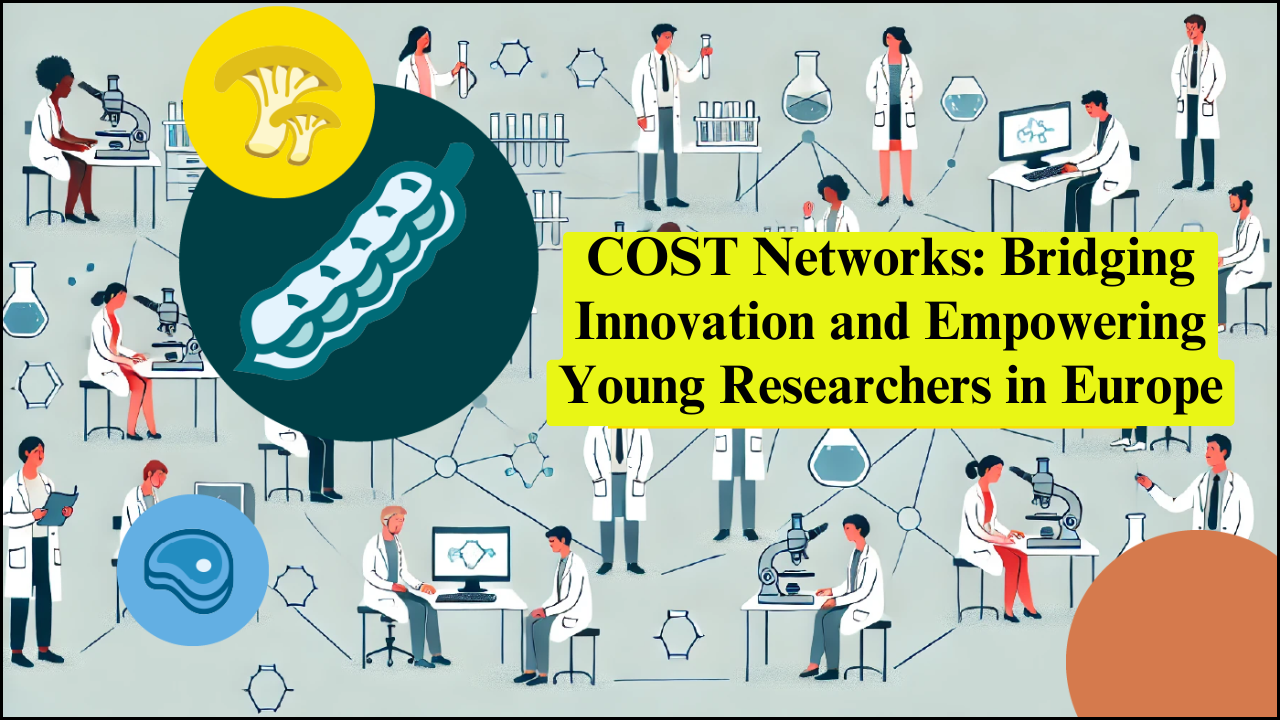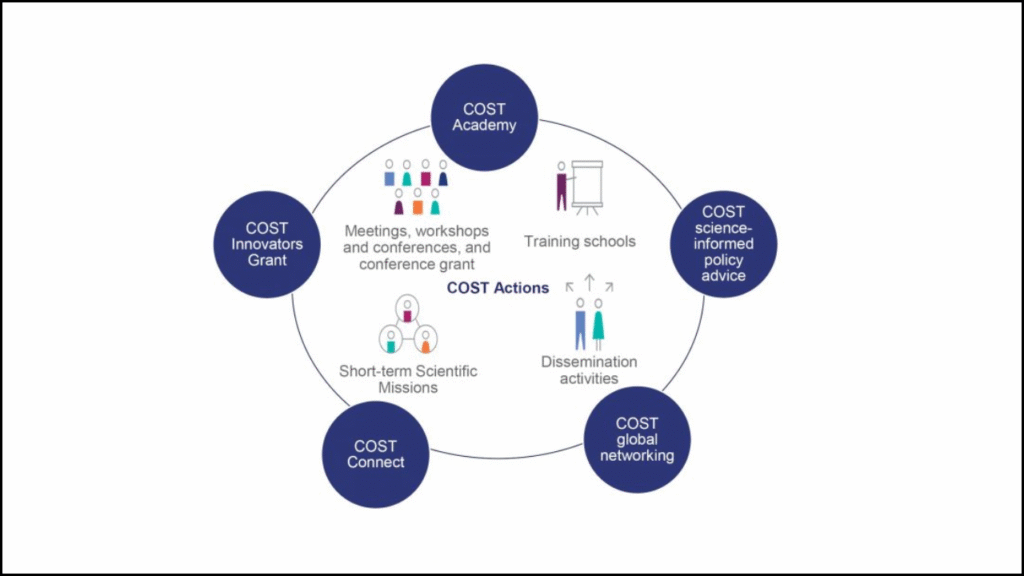
Networking is a vital component of modern research and professional growth. COST Actions provide structured opportunities for individuals at all career stages to expand their connections, share knowledge, and explore collaborative projects across disciplines and countries. The networking mechanisms within COST Actions include meetings, workshops, short-term missions, training schools, grants, and digital collaboration, all designed to maximise knowledge exchange and foster innovation.
Table of Contents
Meetings, Workshops, and Conferences
Meetings organized under COST Actions serve as the cornerstone of networking and knowledge dissemination. These gatherings are hosted by Management Committees (MCs) in any COST Member Country and vary in type and purpose.
- Types of Meetings:
- MC meetings
- Working Group meetings
- Workshops
- Conferences
- Purpose and Benefits:
- Open opportunities for broader community engagement
- Increase visibility of COST Actions
- Facilitate collaboration among researchers
- Enable knowledge exchange and feedback
- Financial Support:
- Travel and subsistence costs for invited participants
- Organisational support for meeting logistics
Short-Term Scientific Missions (STSMs)
STSMs provide opportunities for researchers to visit institutions or laboratories worldwide, fostering scientific collaboration and access to unique research infrastructure.
- Key Features:
- Over 2,000 STSMs funded annually
- Participation is open to both young and experienced researchers
- Encourages mentoring and lifelong learning
- Benefits of STSMs:
- Enhanced research collaboration
- Improved research quality
- Expansion of research topics
- Generation of new projects and proposals
- Data sharing and strengthened professional networks
STSM Benefits
| Benefit | Description |
|---|---|
| Research Quality | Improved methodology and outcomes through collaboration |
| Knowledge Exchange | Sharing of specialized techniques and infrastructure |
| Networking | Building professional connections across countries |
| Proposal Development | Creation of new collaborative projects and funding applications |
| Mentoring and Learning | Opportunities for guidance from senior researchers and skill acquisition |
Training Schools
Training Schools are intensive learning programs hosted at the premises of participating institutions. They primarily target Young Researchers and Innovators but can include participants at any career stage.
- Objectives:
- Offer hands-on experience and theoretical instruction
- Facilitate collaboration and knowledge exchange
- Support lifelong learning and career development
- Participant Experience:
Goran Tmušić, University of Novi Sad, shared, “The Training School showed me how much there was to learn. To use this tool correctly, you need to be familiar with many things I knew nothing about. I am a botanist, and I found myself dealing with drones using different types of sensors, different global navigation systems, etc.”
Conference Grants
COST Actions provide grants to support attendance at international conferences not organized by COST. These grants are designed to encourage participation, knowledge dissemination, and networking.
- Types of Conference Grants:
- For Young Researchers and Innovators (under 40 years old)
- For researchers in Inclusiveness Target Countries (ITC)
- Impact:
- Enhances visibility and recognition in international research communities
- Provides opportunities to present research and gain feedback
- Participant Testimonial:
Marcin Makowski, Molecular Medicine Institute, Lisbon, said, “It was an unparalleled opportunity to meet outstanding researchers in my field, show my work, and gain new ideas.”
Communication and Dissemination Grants
Sharing research outcomes is critical for advancing scientific knowledge and societal impact. COST Actions support communication and dissemination to target diverse audiences.
- Supported Activities:
- Publications in journals and policy briefs
- Educational materials for schools and the public
- Outreach to policymakers, the private sector, and NGOs
- Example:
COST Action ‘Populist Political Communication in Europe’ (IS1308) produced an award-winning short video as part of an educational package for high school students.
Virtual Mobility Grants
Digital collaboration has become increasingly important in research. Virtual Mobility Grants provide a platform for researchers to exchange knowledge and skills online.
- Key Advantages:
- Facilitates collaboration without geographical constraints
- Enables participation of researchers unable to travel
- Supports modern, technology-driven research workflows
Comparison: COST Action Grant Types
| Grant Type | Purpose | Target Audience |
|---|---|---|
| STSMs | Short-term research visits to gain experience and collaborate | All researchers |
| Training Schools | Intensive, hands-on training programs | Young Researchers, Innovators |
| Conference Grants | Support for attending external international conferences | Young Researchers, ITC researchers |
| Communication & Dissemination Grants | Sharing outcomes with research community, policymakers, and society | COST Action participants |
| Virtual Mobility Grants | Online collaboration for skill exchange and knowledge sharing | All researchers within COST networks |
Additional Networking and Knowledge Exchange Tools
COST Actions provide a variety of resources to support networking beyond physical meetings. These include:
- Online webinars and virtual workshops
- Collaborative digital platforms for project management
- Resource sharing for publications and datasets
- Mentoring schemes for early-stage researchers
Impact of COST Networking Programs
Networking through COST Actions significantly contributes to scientific progress and career development:
- Facilitates cross-disciplinary collaborations
- Strengthens European and global research networks
- Promotes innovation through exposure to new methodologies
- Provides financial and logistical support to enable participation
Future Implications
Networking in COST Actions enhances research collaborations, fosters knowledge sharing, and creates lifelong learning opportunities. Meetings, STSMs, training schools, grants, and virtual initiatives allow researchers to connect across borders, expand research topics, and develop innovative solutions. These activities collectively strengthen research communities, elevate professional development, and contribute to the advancement of science globally.


